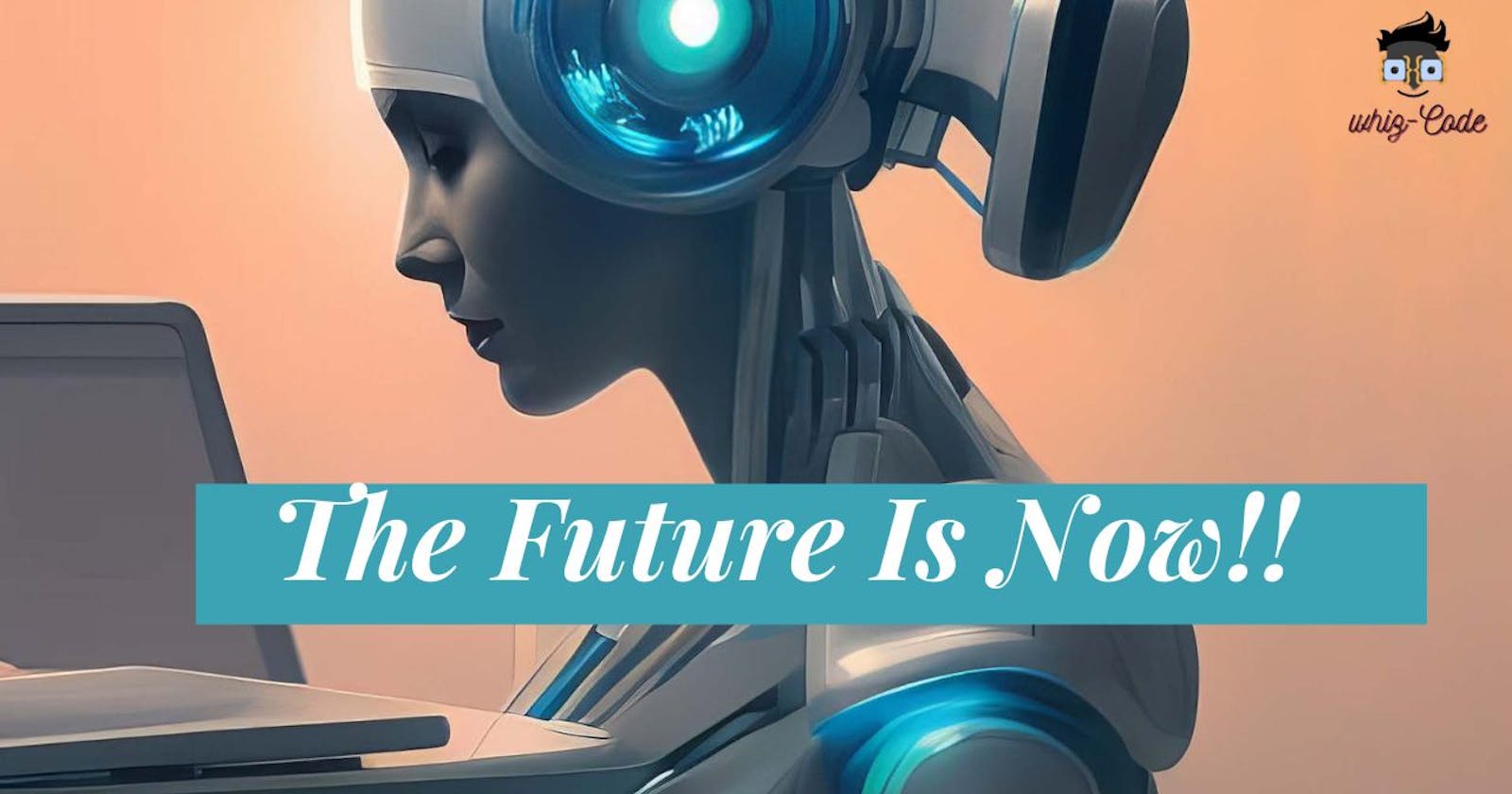Future Of AI In Software Development: The Future Is Now!!
We'll explore the role of AI in modern programming and how it's shaping the future of software development.
Artificial intelligence (AI) has made waves in many industries, and programming is no exception. AI is starting to change how we code, including our whole workflow. It can automate tedious parts of the process and make it easier to debug. It can also sense where it needs to make changes to a program. AI has the potential to revolutionize the way we write and execute code, making it faster, more efficient, and more effective. In this article, we'll explore the role of AI in modern programming and how it's shaping the future of software development.
What is AI Programming?
AI programming refers to the use of programming languages and techniques to develop artificial intelligence (AI) systems. This can include tasks such as creating machine learning algorithms, training, and testing AI models and integrating AI functionality into software applications. There are many programming languages and tools that are commonly used in AI programming, including Python, R, Java, and TensorFlow. AI programmers may work on a variety of projects, such as developing chatbots, creating machine learning models for data analysis, or building AI-powered decision-making systems.
Benefits of Using AI in Programming
Artificial intelligence (AI) has many benefits when it comes to programming. Some of the main advantages of using AI in programming include:
Increased efficiency: AI algorithms can automate tasks that would be time-consuming for humans to complete, such as debugging code or optimizing algorithms. This saves time and helps to reduce the potential for human error.
Improved code quality: AI can detect and correct errors in code before they become a problem, helping to improve the overall quality of the code.
Greater accuracy: AI algorithms can be trained to perform tasks with a high degree of accuracy, reducing the potential for errors that may occur due to human error.
Enhanced performance: AI can analyze code to suggest ways to make it more efficient and improve its performance. This is especially useful for large, complex projects where manual optimization can be time-consuming.
Automated testing: AI can automate the testing process, saving time and reducing the potential for human error.
Challenges and Considerations of AI in Programming
There are several challenges and considerations to be aware of when using AI in programming.
One of the biggest challenges is the potential for AI to introduce new errors or bugs into the code. While AI algorithms can be trained to perform tasks with a high degree of accuracy, they are not perfect and can still make mistakes. It's important for programmers to thoroughly test AI-powered systems to ensure they are reliable and accurate.
Another consideration is the cost of implementing AI in programming. While the long-term benefits may be significant, the initial investment in AI technologies and training can be costly. This can be a barrier for smaller organizations or startups that may not have the resources to invest in AI.
In addition to technical challenges, there are also ethical considerations to be aware of when it comes to AI programming. AI algorithms can be biased if they are trained on biased data, and programmers need to be aware of this and take steps to avoid biased results. There are also concerns about the potential for AI to be used for malicious purposes, such as cyber-attacks or surveillance. Programmers need to consider these ethical implications and ensure that AI is being used responsibly.
The Future of AI in Programming
Artificial intelligence (AI) is set to revolutionize the field of programming in the coming years. As AI technologies continue to advance, we can expect to see widespread adoption of AI in the programming industry.
One of the main ways that AI will shape the future of programming is by increasing efficiency. AI algorithms can automate tasks that would be time-consuming for humans to complete, such as debugging code or optimizing algorithms. This will save programmers time and help to reduce the potential for human error.
Another way that AI will transform programming is by improving the quality of code. AI can detect and correct errors in code before they become a problem, helping to ensure that software applications are reliable and effective. As AI becomes more advanced, we can expect to see it being used in a wider range of programming tasks, from simple code completion to more complex bug detection and optimization.
Overall, the future of AI in programming looks bright. As AI technologies continue to evolve, they will have a profound impact on the way we write and execute code, making programming faster, more efficient, and more effective.
